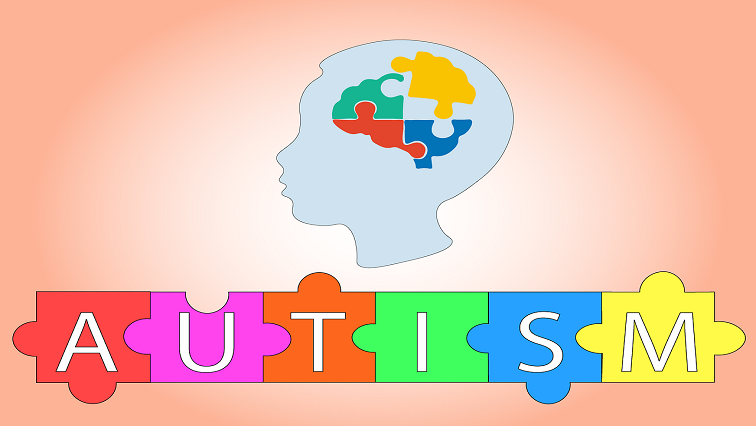-
A crossword puzzle promoting Autism awareness.
Access to education is a fundamental right afforded to all South Africans. But for children with Autism, schools that are equipped to teach them are few and far in between.
A mother from Thaba Nchu in the Free State says she is worried about whether she will get a school that is suitable for her child’s needs.
It’s a year before her five-year-old daughter starts school. But the mother is already concerned that her child will not be placed in a school that will cater for her needs.
Her daughter was diagnosed with Autism when she was two years-old.
With lack of schools specialised for Autism in the area, her child attends a mainstream pre-school.
She knows that her child will need special attention when she starts grade one.
Tshedimosetso Mokgothu, the mother, says Boitumelong Special school, where her child will be attending, is not specialised for Autism.
It caters for children in the surrounding town as well.
Mokgothu adds that the long waiting list in the application process is disheartening.
Mokgothu explains, “They said she was too young, I need to take her back to daycare then they will do a reassessment and they will call me. So, we came back home but then I had to make other means to see what I can do because I did not realise that that application was just for that one school.”
“So, I had to look into other schools just in case they don’t take her there. Because I heard the waiting list is very long and first preference is older children.”
Mokgothu faces two challenges.
The first one is distance, her daughter is on the waiting list for Bloemfontein School of Autism, about an hour’s drive from their home.
While at Boitumelong, the requirements for entry are way too steep for a child with Autism.
Mokgothu says, “The child has to be fully potty-trained when they go through to the school when they accept her. She has to take instructions because what they do with the assessment is that they will sit with your child and they will ask your child what this and the child has to respond. This is a cat, what colour is that shape then the child has to then be able to articulate what they see. At the same time, they should be able to take instructions. So, it’s a struggle for a child with Autism especially in the potty-training part – it’s very difficult.”
According to the World Health Organisation, Autism Spectrum disorders are characterised by difficulty with social interaction and communication.
The organisation estimates that globally, one in 100 children have Autism.
Director of Life Skills Prevention Programme at the Education Department in the province, Bukelwa Qwelane says the province is incrementally catering for children with Autism in special schools.
“Within the system, we have schools that we have designated as full-service schools. Those cater for learners that are supposed to be in special schools or learners that require high level of support. We try to first check if there’s space at schools like this or just a special school.”
The Bloemfontein School for Autism is the only one of its kind in the province and it only admits 37 learners who are mostly low functioning learners.
Principal Tiisetso Molotsi explains the admission process.
“Admissions at the school are being done by the district. They go through the district officials; the psychologist and therapists are the ones doing the admissions.”
Founder of Bonsai School for Autism, Selloane Moloi says parents also have the option of taking their children to independent schools.
“We are a private school; we specialise in Autism and at the moment the curriculum that we are using is DCAPS which is a light version of CAPS. It’s like maths literacy and pure maths. At the moment we have 26 learners. Due to our space, we cannot take more than that. That’s where our challenge is.”
Speech therapist Martha Tshepe says it might take long but they are able to assist children who are non-verbal to start talking.
“You work with their interests like you will see where the child interest is at. Because with Autism, the children are obsessed with something, if it’s crocodiles, if it’s fossils or if it’s insects. We focus on that topic. Then you will see that they will be able to come up with something.”
“And then you point to them, firstly you give them two choices, between two choices then they have to pick one. Once they are picking, I give them a vocabulary for that and then I repeat over and over again.”
There is consensus among professionals that the prevalence of Autism is increasing.











